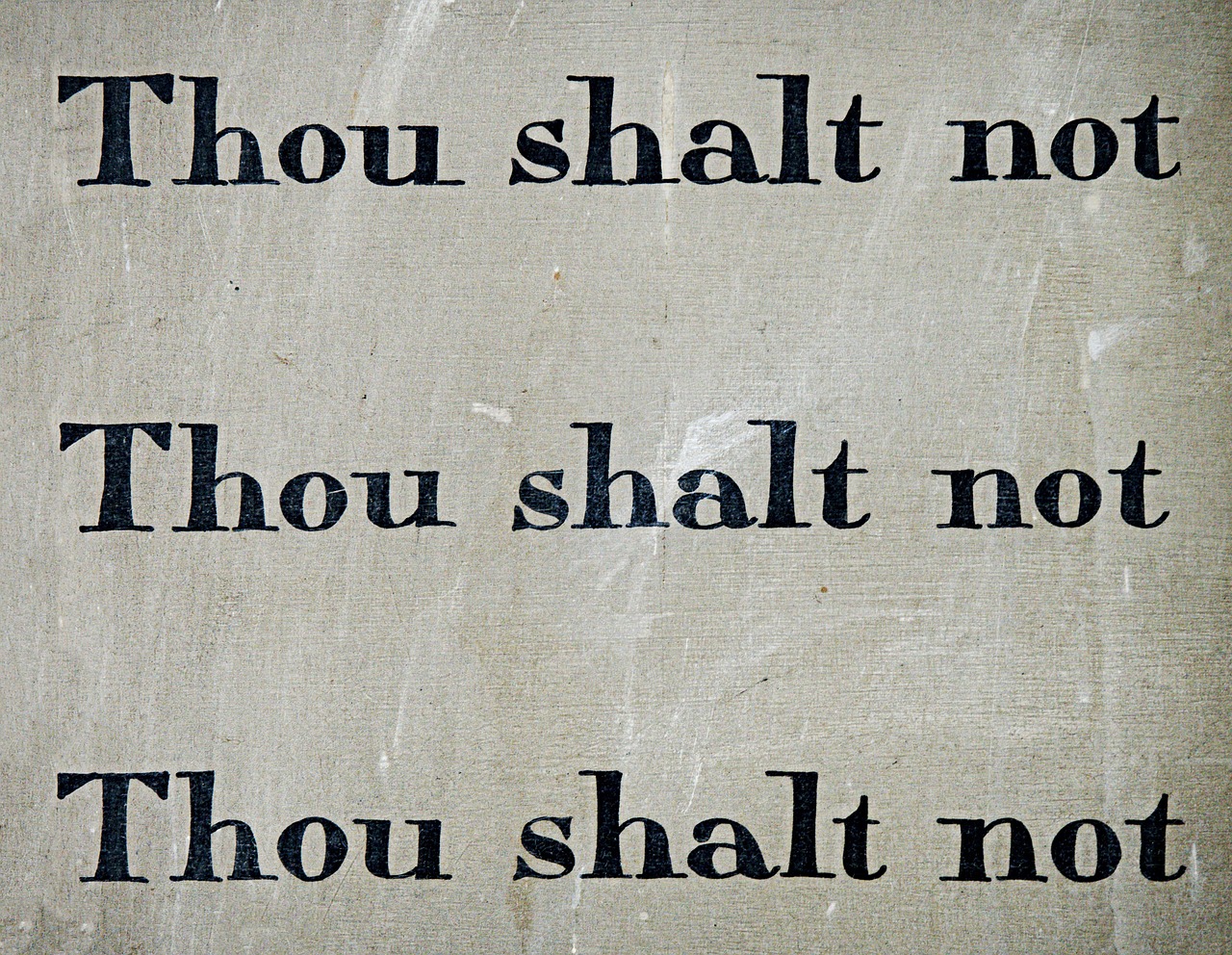We can ask God for anything, including money. Even though God is in the blessing business, He doesn’t give us material possessions just for the sake of it. The money you asked God for needs an assignment. In other words, you must know how you will use the funds.
There’s a kingdom law called The Law of Use. This law requires that we use what God has given us. You risk violating the Law of Use without assignment for the money. However, when you follow this kingdom wealth principle, it positions you for greater abundance.
Table of Contents
- Jesus Teaches the Law of Use
- God Trusts You to Do the Right Thing With Money
- It’s OK to Ask God for Money, But…
- Examples of Bad Money Management
- Money Hoarding Is Not a Kingdom Practice
- The Lord Will Take Away What You Have
- Obedience to God Brings Blessings
- Summary
- Find Out More
Jesus Teaches the Law of Use
The Law of Use means making use of what God gives us. The law helps maintain the kingdom’s economy and prevents wastefulness. God wants His Kingdom citizens to be good, faithful servants of His resources. Matthew 25:14-30 illustrates this point well. Jesus (Yeshuah) shares the Talents’ Parable, which reveals the importance of the usage law.
God Trusts You to Do the Right Thing With Money
The first thing that stands out in the parable is how the master trusted his servants with his money. Remember, everything belongs to God, and we are His stewards in the earthly realm. Giving us dominion (Genesis 1:26) means Father Yah trusts us to manage our affairs according to Kingdom laws and principles.
In the parable, the master trusted all three servants. However, he gave each servant a different amount of talent. He gave five talents to the first servant, two talents to the second servant, and one talent to the other. Why did the master give each servant a different amount?
The verse says he gave the talents based on each servant’s ability (Matthew 25:15). He gave them based on what he knew they could handle.
Can you handle what you ask for?
It’s OK to Ask God for Money, But…
Let’s say you ask God for $1M. There’s nothing wrong with being a millionaire. The Most High can bless you with millions of dollars just easily as He can bless you with $1. No financial request is too big or too small for God (Jeremiah 32:27). It’s all the same from a kingdom perspective. Here’s a question: What will you do with the money? This question is essential because it determines when and how God grants your prayer request.
The parable of the talents emphasizes the importance of money management. Father Yah considers your ability to manage money. Let’s be real. If you can’t manage $1,000, you won’t be able to manage $1M. Here’s another question: How are you handling what you have now? So, be mindful of asking for more than you can reasonably handle.
Examples of Bad Money Management
In the parable, the master was impressed with the two servants who increased and multiplied their talents. They proved themselves trustworthy with the master’s resources.
Here’s another question:
Can God trust you with the money?
If you spend your bill money on a lavish birthday party, you’re not ready for $1M. Why? Because it demonstrates poor money management and a lack of financial discipline. Again, if you misuse $1,000, you’ll likely misuse a million dollars.
Here’s another example: Say you ask God for $10,000 to pay off your credit card. When you receive the money, you use it for a down payment on a new car. The problem is you didn’t use the cash for the purpose you assigned it. When you do what you say you’re going to do, it shows God your trustworthiness.

Money Hoarding Is Not a Kingdom Practice
The third servant buried his one talent in the ground. He hoarded the money instead of giving it as an assignment (Matthew 25:18). Hoarding violates the Law of Use.
The Most High doesn’t intend for us to hold onto money for dear life. We’re supposed to put money to work for us—and God’s kingdom. Additionally, hoarding money reflects a spirit of fear.
A money hoarder fears losing what they have. Hoarders lack faith. They act as if that’s all the money they’ll ever get. These aren’t characteristics of living a kingdom life. Kingdom citizens operate under the influence of generosity, abundance, and faith because we know God is our infinite source.
The Lord Will Take Away What You Have
The master rebukes the servant for hiding his talent. He called him wicked and slothful (Matthew 25:26). As a result, he gave one talent to the servant, who doubled his five to ten talents. The Bible teaches us the Lord giveth and the Lord taketh away (Job 1:21). Well, the same principle applies to money.
The money we don’t use wisely might be taken away from us. Our loss can be someone else’s gain. It’s like God saying: “If you don’t know what to do with the financial resources, I’ll put it into the hands of someone who does.”
Here’s one thing we know for sure:
Obeying the Law of Use and managing money in the kingdom produce great rewards.
Obedience to God Brings Blessings
Obedience to Kingdom wealth principles results in divine promotions. The first two servants proved good and faithful (Matthew 25:21,23). What was the outcome? The master promoted them and expanded their territory. Why? Because they were faithful over a little, the master set them over much (Matthew 25:21,23). Likewise, Father Yah wants to do the same for us. Remember, it pleases God to see his servants prosper (Psalm 35:27).
So, before asking God for money, ask yourself whether you’re a good and faithful servant.
Summary
The Law of Use is one of the biblical principles of financial prosperity. The law requires that we use what God has blessed us with.
It’s OK to ask God for money. Money is a resource for expanding God’s kingdom on earth. With that said, we must be good stewards.
For example, it may not be wise to ask for $1M if you don’t know how to manage $1,000. Money needs an assignment. When you mismanage financial resources, you’re violating the Law of Use. This violation may result in loss, which happened to the third servant in the Parable of Talents (Matthew 25:30).
Kingdom stewardship requires that we give money an assignment. Before you ask God for a financial blessing, think about its use. What is it for? Are you sure that’s the amount you need? Will you use it for what you say you need it for? How can you glorify God with money? Asking and answering these questions can help you remain kingdom-focused and obedient to the Law of Use.
Obedience causes Father Yah to bless us even more. We see this with the two servants who increased and multiplied their talents. They put their talents to good use, and the master rewarded them with rulership over more material possessions (Matthew 25:21,23).
God wants to do the same for us. All we have to do is obey His laws, and he will promote us to higher levels of kingdom wealth.
Find Out More

Discover the hidden truth about God’s Kingdom that the church didn’t teach you. Click here.









